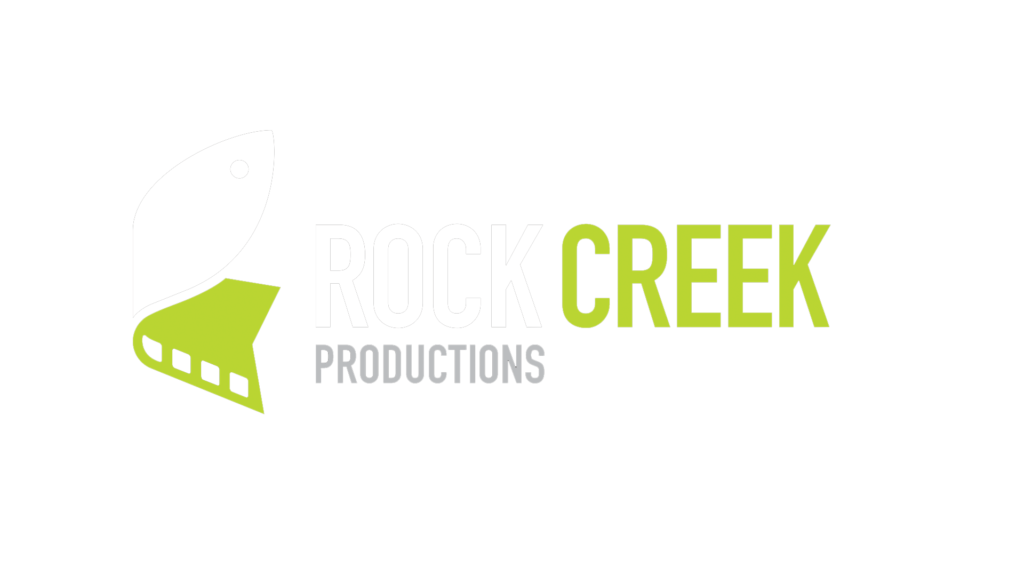When Covid turned the world upside down, one of the things it changed the face of is higher education. From K-12 to grad studies, the memory of offline learning has faded into the distance. Now online learning, digital classrooms, distance education, and Massive Open Online Courses (MOOCs) have made education accessible and replaced rote learning and chalkboards, expanding its frontiers in more ways than one.
From learning management systems to video-recorded lectures, the educational technology (edtech) market is bursting at the seams. Valued at USD 142.37 billion in 2023, the edtech market, which holds hands with video learning and education video production, is expected to grow at a compound annual growth rate (CAGR) of 13.6% till the end of the decade.
This comes with a lot of government support. The U.S. Department of Education now has a comprehensive National Education Technology Plan to redesign learning by turning the education system tech-first, with a focus on making it accessible to all students and teachers.
What Is Video-Based Learning?
Video-based learning refers to an educational approach that utilizes videos as the primary medium for delivering instructional content and facilitating the learning process. It leverages the visual and auditory elements of videos to present information in an engaging and multisensory way. Creative animations, graphics, text overlays, narrations, and real-life footage enhance the learning experience, presenting ideas in new, memorable ways.The National Assessment Governing Board hired our team for video production services to highlight the importance of geography:
Why Use Video-Based Learning In Higher Education?
Students are already spending a lot of their time watching videos. In a 2021–2022 Project Tomorrow Speak Up Survey of over 41,000 students nationwide, researchers found that after creating documents to share and emailing teachers with questions, students used technology most frequently to watch online videos. Video-based learning meets students where they already are. But that’s not all. Education video production brings a lot of great advantages to the learning process. Here are just a few of them:
1. Increased engagement
Videos can include multimedia elements, making learning more interactive and engaging. This not only boosts student motivation but also enhances their retention of the information presented. The experiences of teachers and other staff, as related to edtech company Kaltura, also support this.

2. Deeper understanding of concepts
Videos have the unique ability to bring abstract concepts to life through visual representation. For instance, in subjects like physics or biology, animations can demonstrate the movement of particles at a subatomic level or illustrate human anatomy in a way that textbooks cannot.
Discovery Education hired our team to produce two videos on different physics topics for high school students. Here’s a look at one of them. Education video production often incorporates elements such as storytelling, humor, and emotion, which can significantly increase student engagement and information retention. An economics professor might use a humorous video clip to explain supply and demand, making the concept memorable and engaging.
3. Enhanced learning (and teaching) experiences
Interactive video tools allow students to participate actively with the content through embedded quizzes, annotations, and discussion questions. For instance, a video lecture on software programming can pause at a critical point to allow students to predict the output of a piece of code.
Video analytics and feedback tools can also offer educators insights into student performance and engagement. If many students revisit a lecture segment on statistical methods, it signals the instructor to augment explanations or resources, enhancing the educational experience.
4. Wider accessibility of the content
Video-based learning dismantles geographical, temporal, and accessibility barriers, creating an inclusive educational environment. A student in rural India, for example, can access lectures from a top U.S. university, while another in Brazil might submit an assignment post-midnight due to time zone differences.
Additionally, features like subtitles and sign language interpretation make content accessible to students with hearing impairments. This flexibility accommodates diverse lifestyles, including working professionals and parents, ensuring high-quality education is accessible to everyone, regardless of location, schedule, or physical limitations.
Hybrid Learning: How In-Person And Video-Based Learning Can Work Together
The blend of in-person and video-based learning combines the best of both worlds, making education more adaptable and tailored to each student’s needs. In-person classes focus on discussions and hands-on activities, drilling understanding through interaction and practice. Videos handle the heavy lifting of teaching complex theories, ideal for those who prefer visual or auditory learning.
Teachers then become facilitators of a more engaging and inclusive learning environment, where they can tailor their approach to meet the individual needs of their students. This not only improves student engagement and satisfaction but also ensures that educational content is comprehensible and accessible to everyone, regardless of their preferred learning style.
Is Video Content The Future?
Video-based learning isn’t just the future—it is very much the present, as it offers a broader, more dynamic approach to learning that combines the strengths of traditional teaching methods with digital advancements.
This approach of using education video production enriches the learning experience by leveraging the tactile engagement of conventional classrooms and the versatility of digital media.
Looking forward, the teaching model of the future will integrate video and traditional instruction, creating a learning environment that is not only diverse and inclusive but also flexible enough to adapt to the unique needs of students globally.
This more progressive, hybrid model promises to make education more accessible and personalized, effectively preparing students for a world where digital skills are essential.
Work With Us For Education Video Production
Dive into a new era of learning with Rock Creek’s video production services. Our team specializes in transforming educational content into captivating visual stories, making complex concepts accessible and engaging. Imagine videos that not just deliver information but spark curiosity and encourage deeper understanding. Whether it’s enriching online learning, or bringing textbook theories to life, our services are designed to fit your unique educational goals. Make your next educational project memorable. Reach out to Rock Creek Productions and turn your vision into compelling learning experiences.





